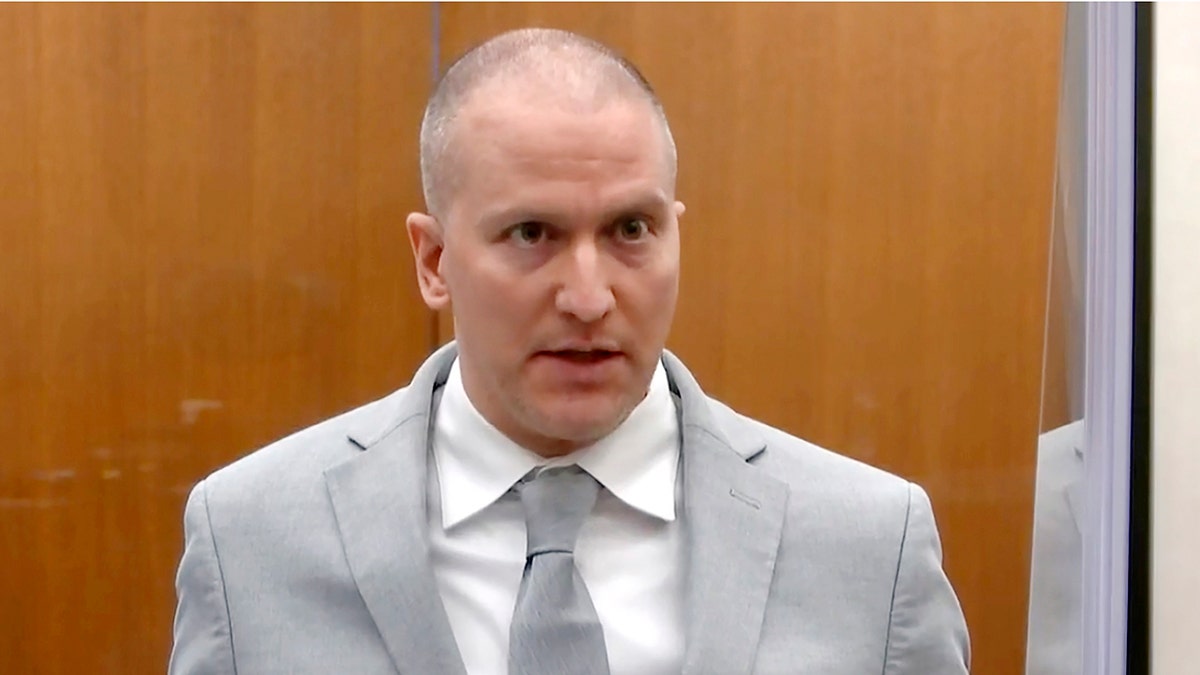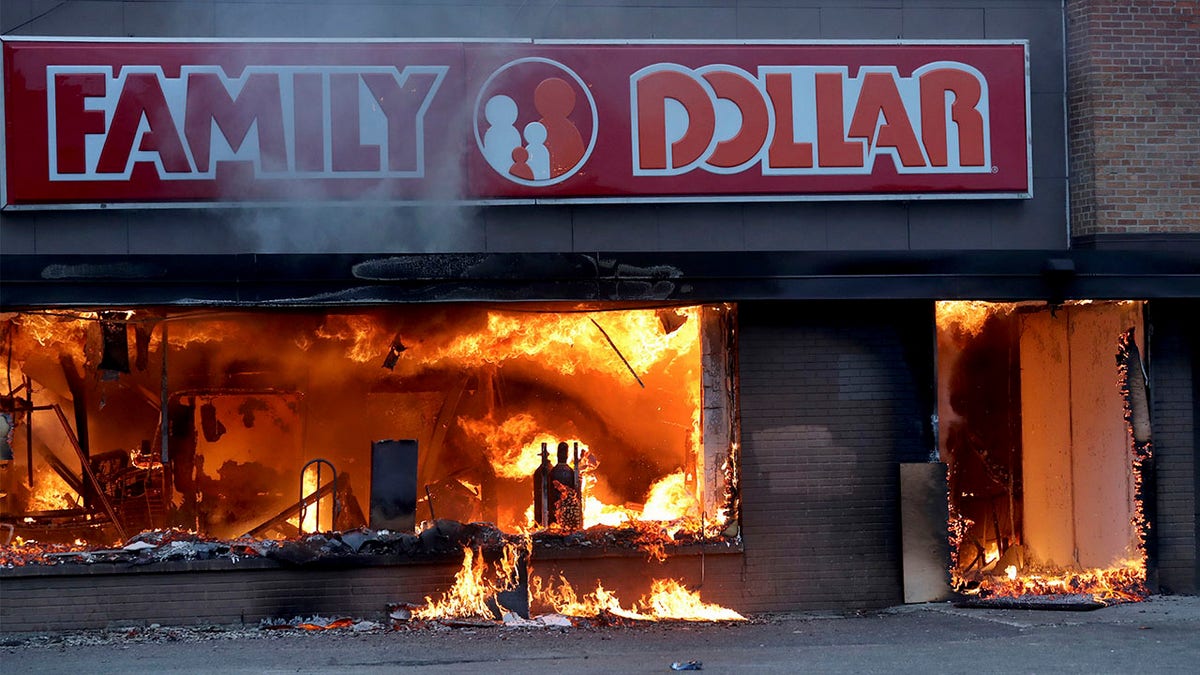Former Minnesota police officer Derek Chauvin plans to appeal his conviction for the murder of George Floyd to the U.S. Supreme Court, his lawyers said Wednesday.
Chauvin's plans for appeal come after the Minnesota Supreme Court threw out his case on Tuesday. Chauvin and his legal team will argue that his 2021 hearing in Minneapolis was held during a time of political upheaval, and the jury was tainted by the likelihood of even more violent riots if he had been acquitted.
"This criminal trial generated the most amount of pretrial publicity in history," Chauvin's attorney William Morhmann said. "More concerning are the riots which occurred after George Floyd’s death (and) led the jurors to all express concerns for their safety in the event they acquitted Mr. Chauvin — safety concerns which were fully evidenced by surrounding the courthouse in barbed wire and National Guard troops during the trial and deploying the National Guard throughout Minneapolis prior to jury deliberations."
The Minnesota Supreme Court declined to hear the case, effectively siding with Chauvin's conviction. The former officer is serving more than 22 years in prison.
GEORGE FLOYD KILLING: FORMER MINNEAPOLIS POLICE OFFICER J. ALEXANDER KUENG SENTENCED TO 3.5 YEARS

Former Minnesota police officer Derek Chauvin plans to appeal his conviction for the murder of George Floyd to the U.S. Supreme Court, his lawyers said Wednesday. (Court TV via AP, Pool, File)
Chauvin's appeal faces slim chances of being heard at SCOTUS, which receives thousands of case requests each year but only hears around 150.
Floyd died on May 25, 2020, after Chauvin kneeled on his neck for nearly 10 minutes despite his cries of not being able to breathe.
Hennepin County Judge Peter Cahill sentenced Chauvin to 22.5 years after jurors found him guilty of second-degree murder, third-degree murder and second-degree manslaughter.

The Supreme Court building in Washington, D.C. (AP Photo/J. Scott Applewhite, File)
Chauvin later pleaded guilty to a separate federal civil rights charge and was sentenced to 21 years in federal prison. He is now serving that sentence in Arizona, concurrent with his state sentence.

Violence and unrest spread across the country following the killing of George Floyd.
CLICK HERE TO GET THE FOX NEWS APP
Floyd's killing led to a firestorm of protests and riots across the U.S. and even in Europe. The unrest saw police precincts, small businesses and vehicles burned in cities and small towns across the country.
The Associated Press contributed to this report.











































